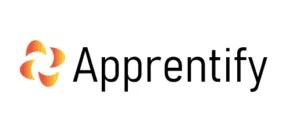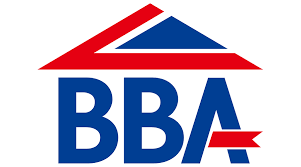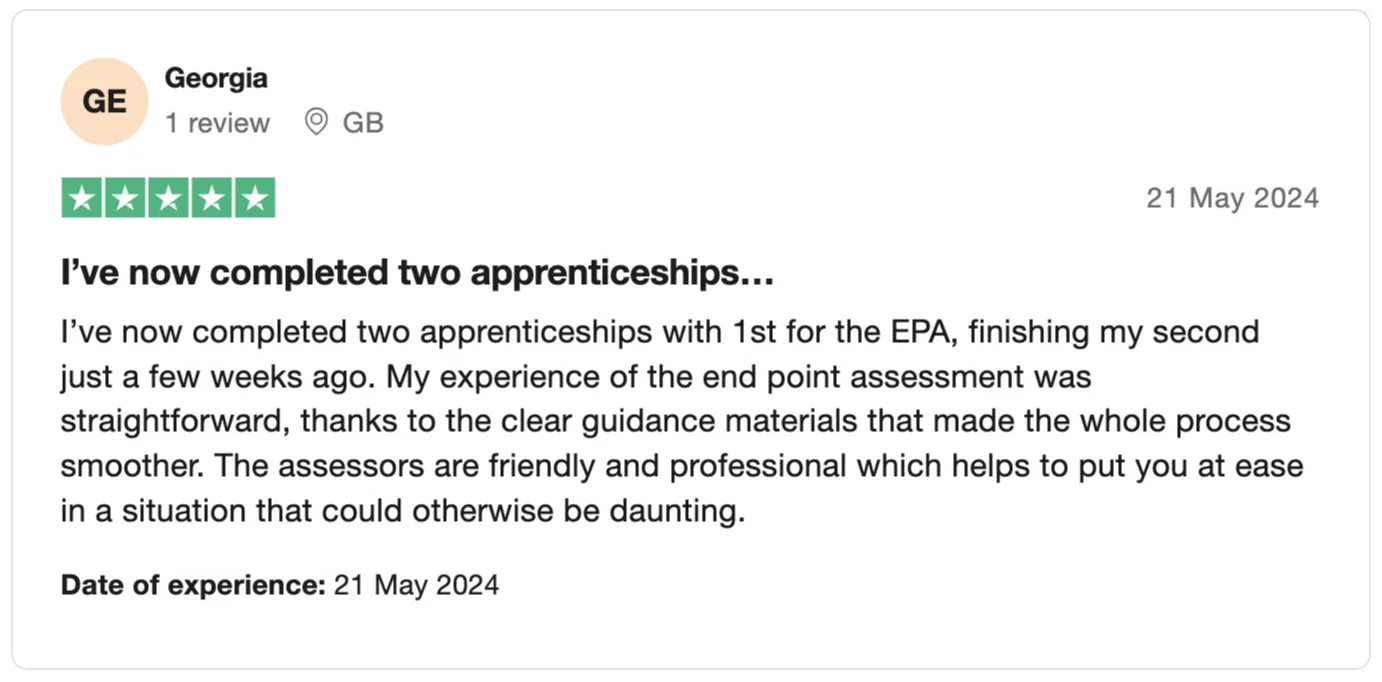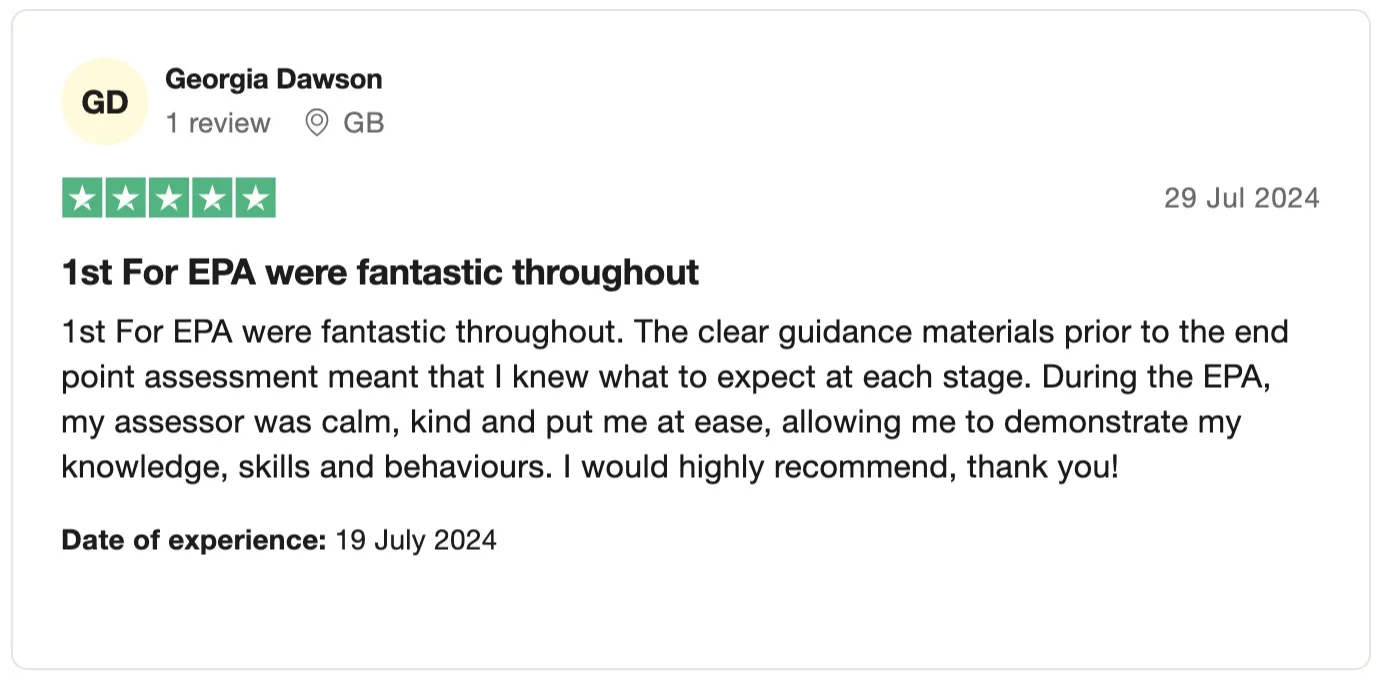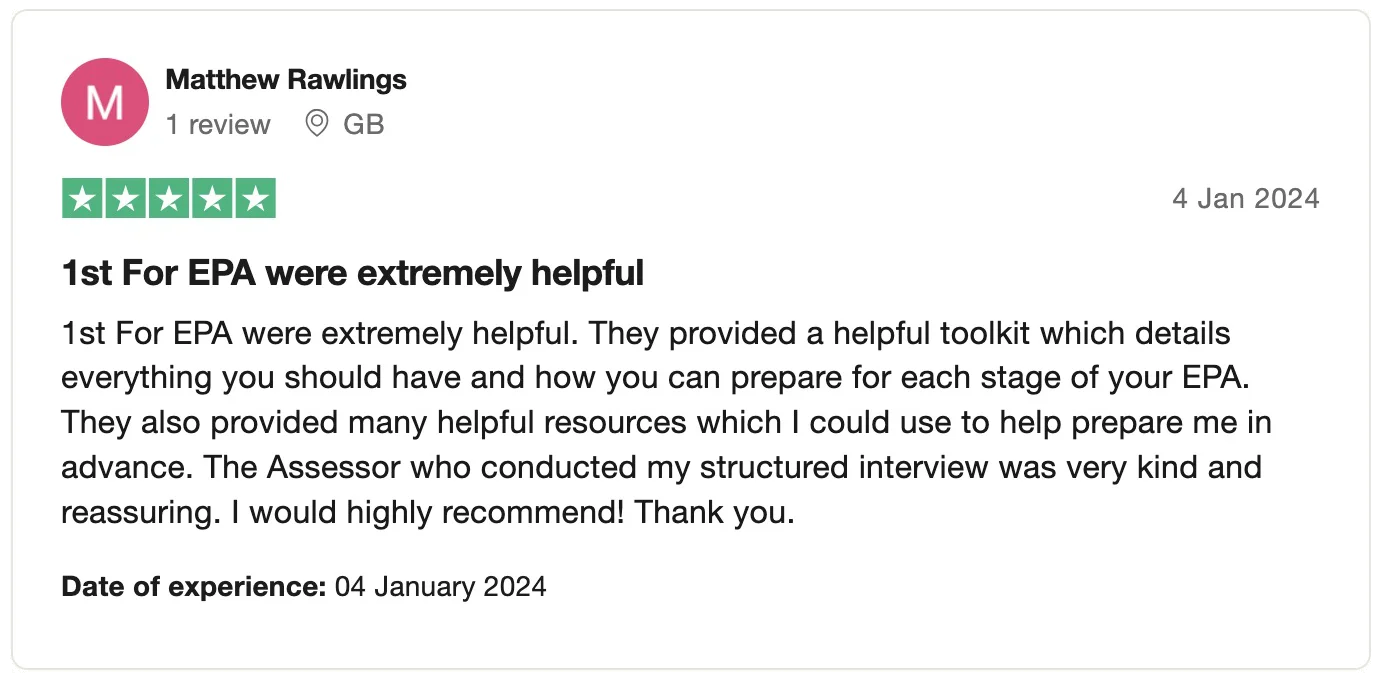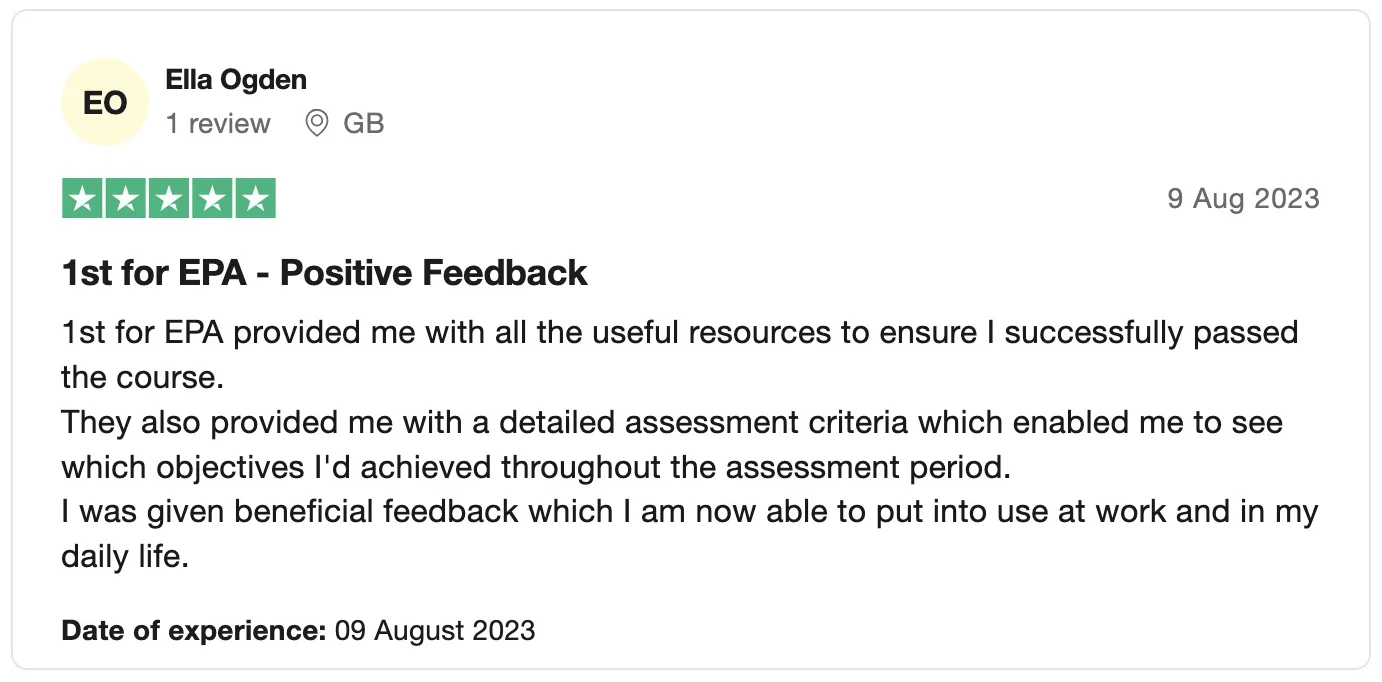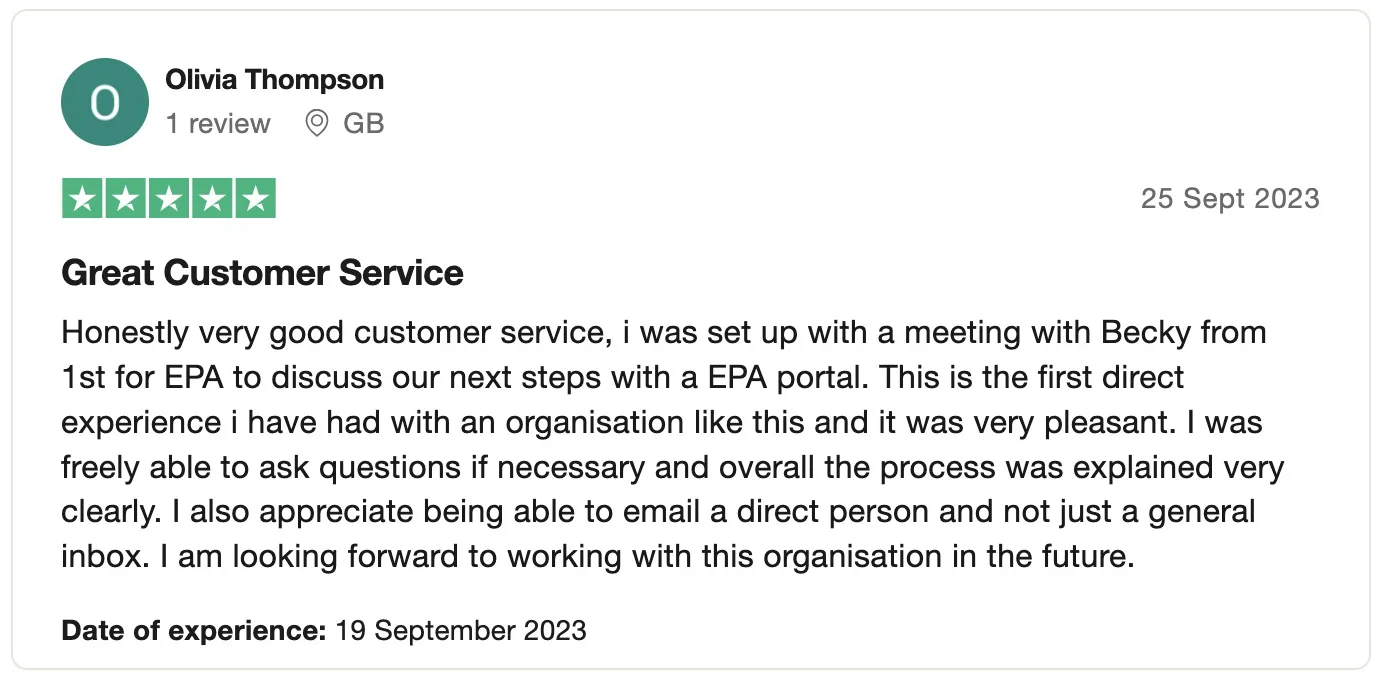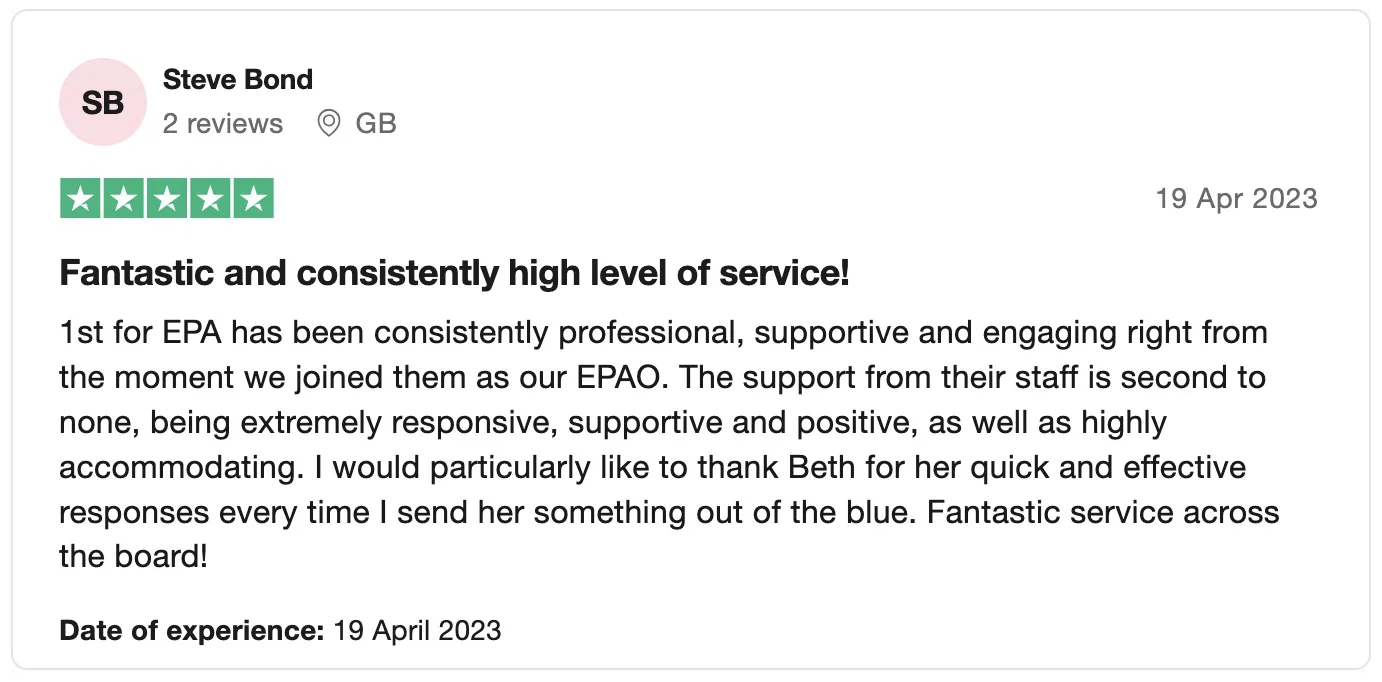Financial wellbeing – building for the future
What is Financial Wellbeing?
Good financial wellbeing means being in control of your finances, both now and in the future. It’s about how much your financial situation and money choices provide you with security and freedom of choice.
In other words, it’s about knowing that you can pay the bills today, deal with unexpected events, and be on track for a healthy financial future.
As an apprentice, there is much more to consider when it comes to financial wellbeing, so we’ll help you navigate it.
Why Financial Wellbeing Matters
Like it or not, financial wellbeing – and especially a lack of it – influences every aspect of our lives. This includes our physical and mental health, relationships and overall happiness.
The benefits of financial wellbeing are far-reaching. Having a firm grip on your finances means you are better equipped to handle unexpected challenges, pursue your dreams, and contribute positively to your work and community.
Because of this, taking charge of your financial life can open more possibilities. It can empower you to make informed decisions, reach your goals, and create a brighter future.
For apprentices, there’s much to consider with balancing a potentially less favourable short term financial position for long term rewards.
Financial Wellbeing is a Skill
Just like the skills in your apprenticeship, you can learn to improve your financial wellbeing. The skill is to develop a healthy financial mindset, and this in turn will set the foundation for longer term financial success.
In developing this skill, you’ll learn to control your finances, emotions and long term goals. The skill will set you up for life, and help you balance your financial goals with your values and purpose.
When you master financial wellbeing, you experience a sense of security, freedom, and peace of mind that allows you to live a more fulfilling life.
How to Improve Your Financial Wellbeing
A good start is to use these three steps to determine what you want to achieve, and what it will take to get there.
1. Know your current financial position
Know exactly what money you have coming in, and what you spend it on. Be honest with yourself about your financial position. Having debt or bad spending habits is normal, and it’s something you can work to improve.
2. Know what you want to achieve
Remember that financial wellbeing isn’t about simply saving money – it’s about creating a balance so you can meet your financial obligations while working toward your long-term goals. Make sure that you consider spending money on things you enjoy as well as paying bills and working towards life goals.
3. Plan how to get there
Create a plan with actionable steps. This will usually include long term and short term goals, such as buying a house or spending on your hobbies.
The steps to achieve your plan may include regular savings, a pay rise, or career advancement. Speak to your employer and aim to set goals for when this may happen. For example, if you’re 19 or over, after your first year on programme the National Minimum Wage rate for an apprentice (£5.28 per hour in 2023) will no longer apply, and you’ll be entitled to the National Minimum/Living Wage rate for your age. You might also request a pay review at a certain milestone, such as when you successfully complete your apprenticeship.
Tips for Apprentices to Improve Financial Wellbeing
These tips are designed help you take control of your own financial wellbeing and build for the future.
- Make informed and rational decisions. Assess the risks and weigh up the reward so you understand the consequences of any decision before you take it.
- Use a budget planner to help you achieve your aims and keep track of your spending.
- Seek help where you need it. Ignoring issues can erode your financial wellbeing, whereas having a plan and steps to follow can improve it. Our resources page includes links to resources, including for debt management.
- Balance short term costs with long term gains. Your apprenticeship is an investment. The skills you learn and experience you gain will put you on the fast track to a career that will pay more than you are currently earning. Keep the long term goals in mind and a temporary unfavourable financial position will feel more like an investment.
- Ask your employer about company initiatives. Many employers offer travel cards, cycle to work schemes, and similar help that can support your finances. You may find this article useful: Living on an apprentice wage.
- Plan according to your values and purpose. Good financial wellbeing isn’t all about work. Your plan can – and should – include the things that matter to you. This may include planning rewards for yourself when you reach milestones, supporting causes you care about, investing in personal growth, or building a secure future for your loved ones.
- Financial setbacks and challenges are an inevitable part of life. Developing emotional resilience will help you view setbacks as temporary hurdles and not barriers.
Developing financial wellbeing is a skill and it takes time and conscious effort. Make sure to balance your long-term goals with your immediate needs.
If you do have concerns about your finances, whether in relation to meeting your expenses day to day, paying off debts, or decisions about your pension, you can get free, independent information and guidance from the government-backed MoneyHelper service.
If you need support, our list of resources may help.
Employers may be interested in the Money and Pensions Advice Service’s guidance: Build financial wellbeing for young employees and apprentices.
This article is not financial advice and should not be treated as such. It is intended to create a starting point for apprentices to take control and master their own financial wellbeing.














